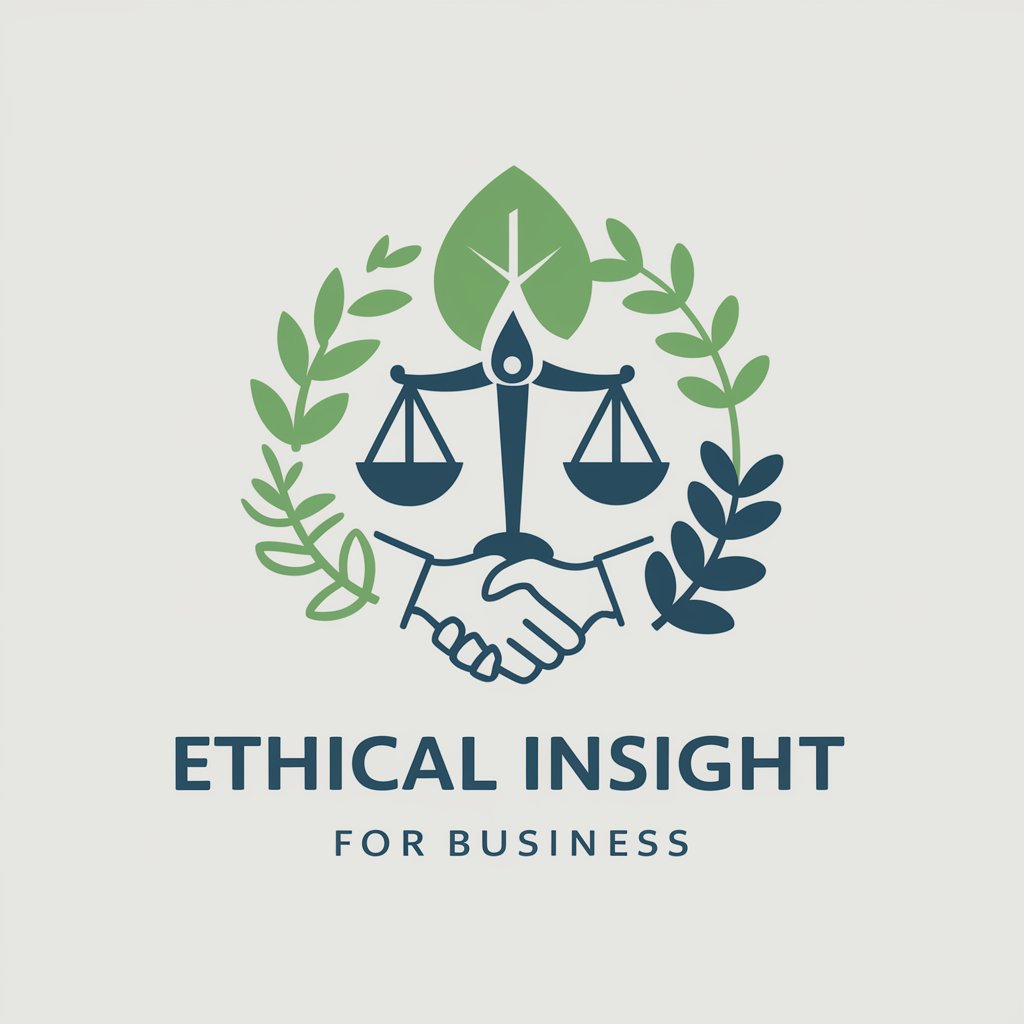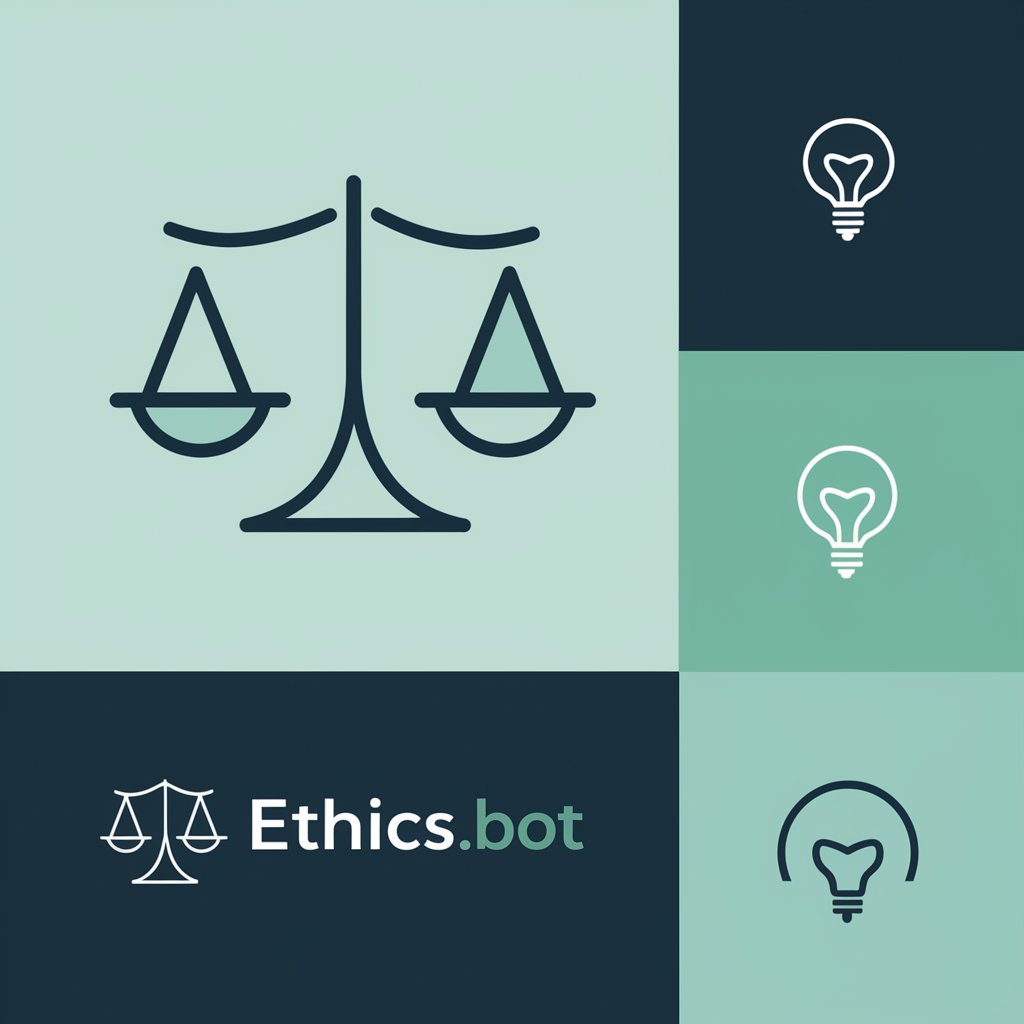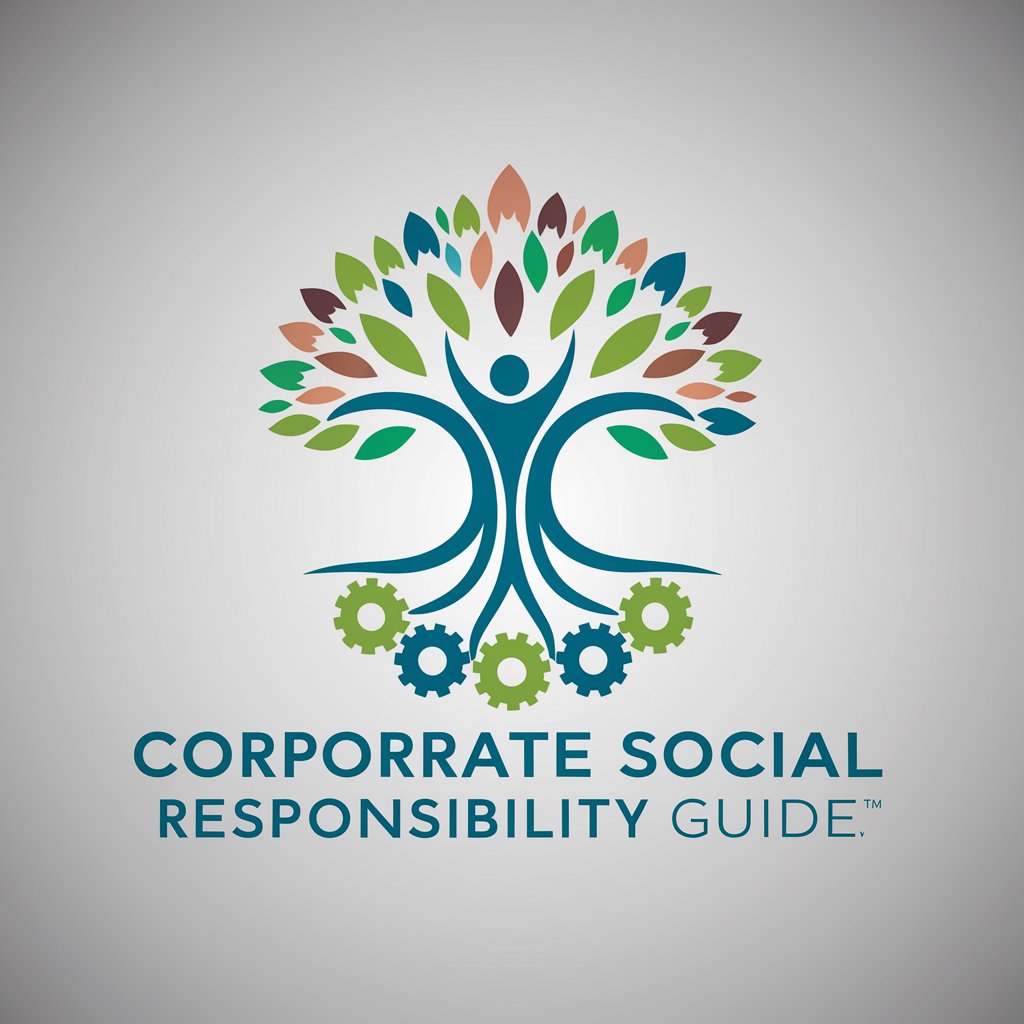
corporate social responsibility and ethics - CSR and Ethics Insights

Welcome to your guide on corporate social responsibility and ethics.
Empowering Ethical Business Practices
Discuss the role of corporate social responsibility in modern business practices.
Explain the importance of ethical decision-making in leadership.
Analyze a real-world example of a company successfully implementing CSR initiatives.
Describe the challenges and benefits of integrating ethics into corporate culture.
Get Embed Code
Understanding Corporate Social Responsibility and Ethics
Corporate Social Responsibility (CSR) and ethics form the bedrock of modern business operations, defining a company's commitment to act ethically, contribute to economic development, and improve the quality of life of its workforce, their families, the local community, and society at large. This foundation emphasizes not just adherence to legal standards but extends to voluntary actions that honor ethical values and respect people, communities, and the environment. An illustrative example is Patagonia's dedication to environmental sustainability, demonstrated by its commitment to using recycled materials and donating a portion of its profits to environmental causes. Such actions showcase how businesses can operate profitably while positively impacting society and the environment. Powered by ChatGPT-4o。

Key Functions of Corporate Social Responsibility and Ethics
Promoting Ethical Business Practices
Example
Adopting fair trade practices
Scenario
A coffee company ensures its beans are sourced ethically, paying fair wages to farmers, which enhances its brand reputation and customer loyalty.
Environmental Stewardship
Example
Implementing sustainable production methods
Scenario
A clothing manufacturer uses organic cotton and reduces water consumption in its production processes, minimizing environmental impact.
Community Engagement and Development
Example
Supporting local education initiatives
Scenario
A tech company funds STEM programs in underprivileged areas, contributing to community development and fostering future talent.
Enhancing Employee Wellbeing
Example
Providing comprehensive healthcare benefits
Scenario
A corporation offers extensive mental health support and flexible work arrangements, improving employee satisfaction and productivity.
Ideal Users of CSR and Ethics Services
Business Leaders and Entrepreneurs
These individuals utilize CSR and ethics to guide decision-making, align business operations with societal values, and build sustainable brands.
Consumers
Informed consumers support ethical companies, driving demand for businesses that demonstrate social responsibility and environmental stewardship.
Policy Makers and Regulators
They rely on CSR and ethics frameworks to develop regulations that promote fair, sustainable, and ethical business practices.
Investors and Shareholders
Increasingly prioritize CSR and ethical considerations, recognizing that sustainable and socially responsible practices contribute to long-term financial performance.

Implementing Corporate Social Responsibility and Ethics
Start with a Trial
Begin by visiting yeschat.ai for a comprehensive trial that requires no login and is entirely free, removing the barrier of subscription costs.
Identify Core Values
Establish your organization's core ethical values and social responsibilities. These values should guide all decision-making processes and actions.
Engage Stakeholders
Involve employees, customers, and the community in discussions about ethical practices and social responsibility to ensure their needs and expectations are met.
Implement Strategies
Develop and implement CSR strategies that align with your company's core values, ensuring they are integrated into daily business operations.
Monitor and Report
Regularly monitor the impact of your CSR initiatives and report these findings both internally and externally to maintain transparency and accountability.
Try other advanced and practical GPTs
🌐✨ Ethical Impact Advisor 🌟💼
Empowering Ethical Business Decisions with AI
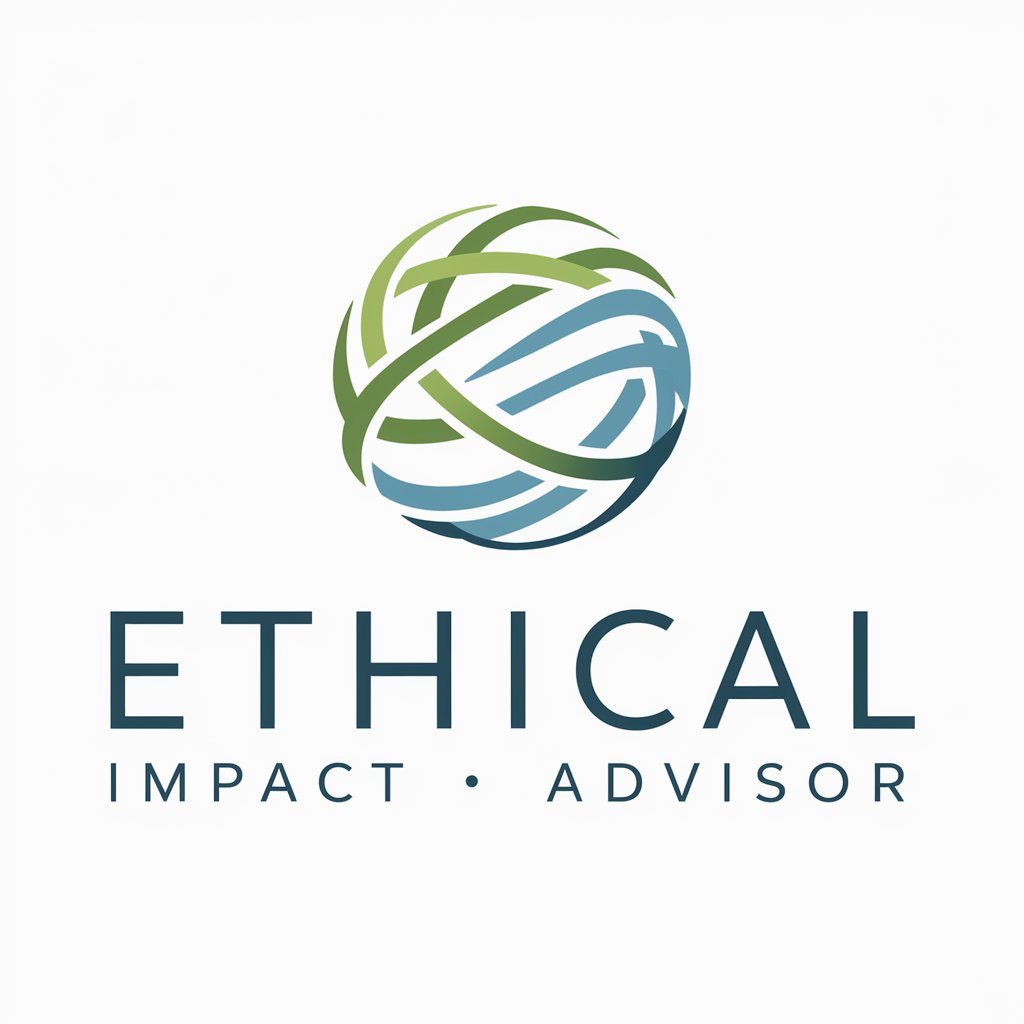
beauty master
Empowering Your Beauty Journey with AI

Sustainable Procurement Analysis
Empower procurement with AI-driven sustainability insights.
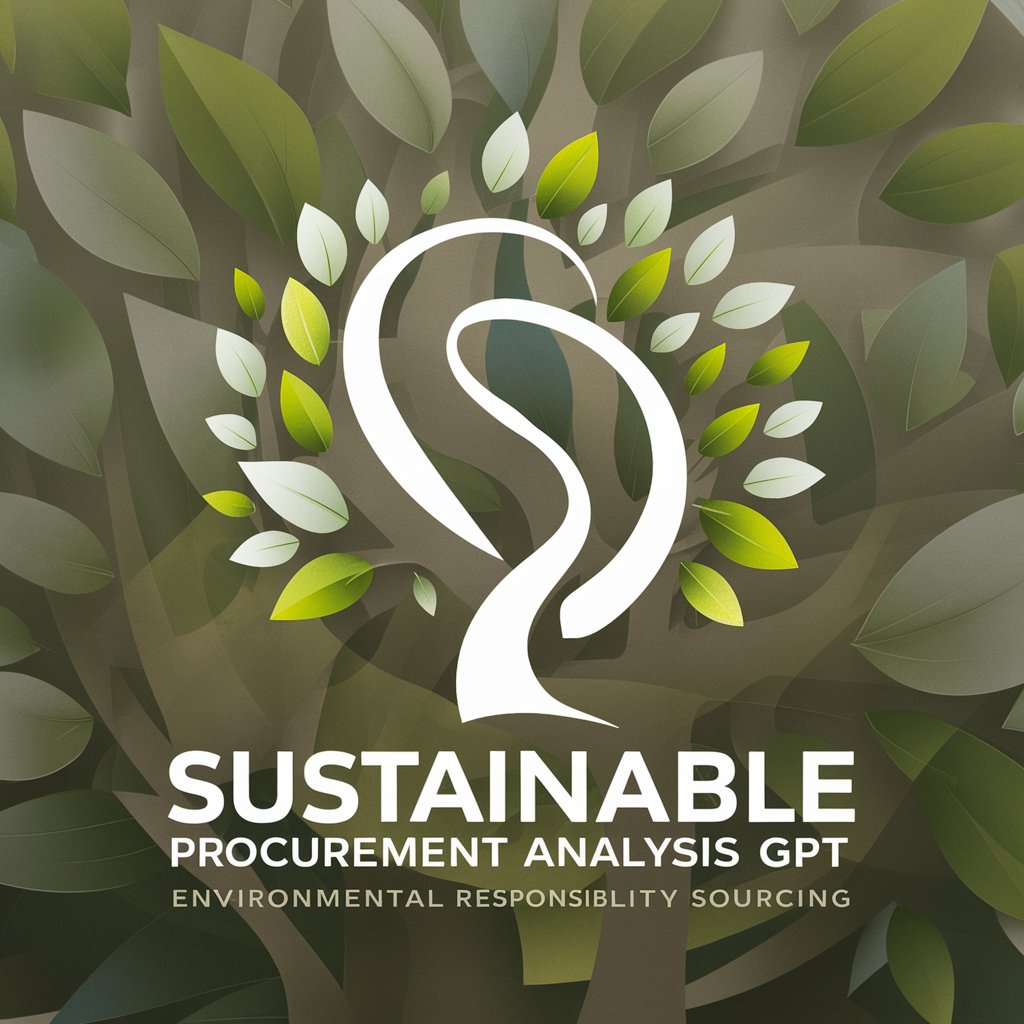
YouLaw
Empowering Legal Insights with AI

Corporate responsibility
Empowering Ethical Corporate Communication

Marconi Expert
Unveiling Robotics and IT Innovation

Outside meaning?
Expand Your Textual Horizons

Outside the Box
Ignite Innovation with AI

Outside Sales Representative
Empowering Sales with AI Insight
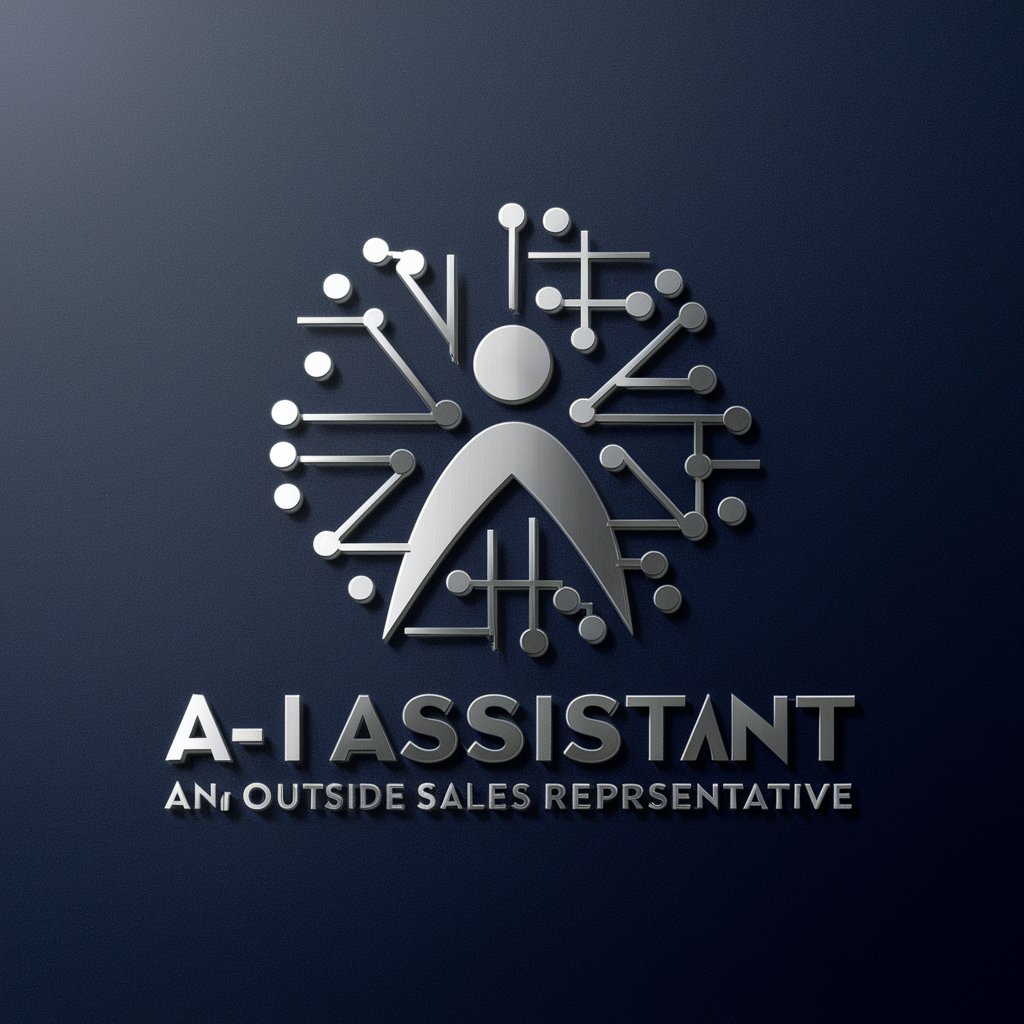
I'm Inside Outside In meaning?
Empower creativity with AI

Hobbies and Interests Outside of School Mentor
AI-powered Passion Discovery

Into the Outside
Explore outdoors with AI-powered insights.

Q&A on Corporate Social Responsibility and Ethics
What is corporate social responsibility (CSR)?
CSR is a self-regulating business model that helps a company be socially accountable—to itself, its stakeholders, and the public. By practicing CSR, companies can be conscious of the kind of impact they are having on all aspects of society, including economic, social, and environmental.
How can ethics and CSR benefit a business?
Implementing strong ethical standards and CSR practices can enhance a company's reputation, attract and retain top talent, improve community relations, and potentially lead to better financial performance through sustainable practices.
Can small businesses implement CSR effectively?
Yes, small businesses can implement CSR effectively by focusing on local community engagement, sustainable environmental practices, and ethical business operations, which can significantly impact their reputation and success.
How does CSR contribute to environmental sustainability?
CSR contributes to environmental sustainability by encouraging businesses to operate in an environmentally friendly manner, such as reducing carbon footprints, recycling waste, and using sustainable resources, thereby ensuring the well-being of the planet.
What role do ethics play in decision-making within a company?
Ethics play a crucial role in decision-making by guiding actions and policies with principles of fairness, integrity, honesty, and respect, ensuring that a company’s activities benefit all stakeholders and avoid harm to society and the environment.


